As you watch your infant sleeping, they contort their face. First, they grimace and cry, then they smile. Does this count as your baby's first smile? The true answer about when infants smile for the first time is nuanced.
When can you expect your infant to start smiling? Read on to learn what the experts have to say about baby smiles, social skills, and more.
When Do Newborns Smile?
Your baby will likely smile for the first time when they're about seven to eight weeks old. The CDC's two-month baby milestones include smiling. Similarly, the American Academy of Pediatrics (AAP) includes smiling as an important development milestone. Specifically, these milestones refer to your baby smiling in response to seeing you smile or hearing you talk to them.
What counts as that first real smile? Here's what you should know about this milestone.
Newborn Smiling at 1 Week: Reflex Smiles or Real Smiles?
Pediatrician, Christine Pagano, explained in an AAP article that many parents think their baby's first smile happens in the first few weeks of life. Your newborn may smile in their sleep or randomly as you rock them. "Those primitive, often random grins are indeed different from the social smile that we'll see weeks later," Pagano writes.
Some experts call this type of smile a "reflex smile." This type of smile happens without an outside source that instigates them. That said, scientists are still studying this area of development and questions remain.
More recent research shows that newborns younger than 2 months old may smile on purpose. Specifically, they move their cheeks and eyes, not just their mouth. This may indicate a more social smile. Plus, 4D ultrasounds show babies smiling from about 23 weeks of gestation.
This leaves the idea that newborn infants don’t smile on purpose in doubt. What's clear is that as babies grow, they become more intentional about smiling and learn to use smiles socially.
The First Real Smile: Smile in Response or Social Smile
If you don't count a reflex smile, when do babies smile for real? When newborns start smiling varies, but on average babies start in their second month. Mayo Clinic explains that newborns may start smiling when others smile at them, achieving a social smile. However, you might not see your baby make eye contact until they're about 3 months old.
As Dr. Pagano says, a true social smile is a response to your behavior. You might be talking with another adult, and your baby coos or waves their arms at you. When you look down at them, they smile widely. When babies start to smile like this, it's more interactive and intentional.
Fun Fact About Baby Smiling:
Did you know that a baby's smile enhances activity in their mother's amygdala and limbic system? Plus, it activates the reward area of the brain. Learning to smile may help babies bond with their mothers and boost attachment.

Smiling as a Part of Social and Emotional Development
Smiling is an important developmental milestone. A responsive smile shows your baby's brain development in action. Some other social and emotional milestones babies develop around this age include:
- Focusing and looking at your face
- If upset, your baby calms down when you pick them up
- Seems happy to see you
If your 2-month-old baby doesn't show these behaviors, talk to your child's pediatrician.
How to Make a Baby Smile
Making a 2 to 3 month baby smile can be as simple as smiling at them. A game of peek-a-boo or some fun tummy time games can also elicit a smile.
Wondering what else to try?
- Sing a fun song
- Play a finger game like "This Little Piggy"
- Give your baby a raspberry kiss
- Gently bounce your baby
- Shake a rattle or colorful toy
Every baby has their own preferences. As a baby, my oldest son loved it when I "bicycled" his legs after a diaper change and I would tickle his tummy. My daughter loved it when I would gently bump her forehead with my own. A song about the face always made my youngest son smile, especially as I touched his nose, cheeks, and ears.
When Do Babies Coo, Smile, and Laugh?
Cooing often starts around six to eight weeks, similar to the timeline of smiling. However, laughing doesn't happen until later. Your baby may chuckle by about 4 months of age and laugh more readily by 6 months, according to the CDC.
My Baby Is Not Smiling at 2 Months: Should I Worry?
If your baby isn't smiling at 2 months, they may not be quite ready yet. All babies meet milestones at their own pace. It may help to think about other skills your baby shows. Does your baby look at your face and calm down if you pick them up? Does your baby coo?
If your baby meets other milestones, they may need a little extra time with smiling. Also, babies born prematurely may take slightly longer to reach milestones. Experts say you should adjust your baby's age based on how many weeks early they were born.
With patience, your baby will soon be smiling! If you have any concerns, let your baby's pediatrician know.
Sources:
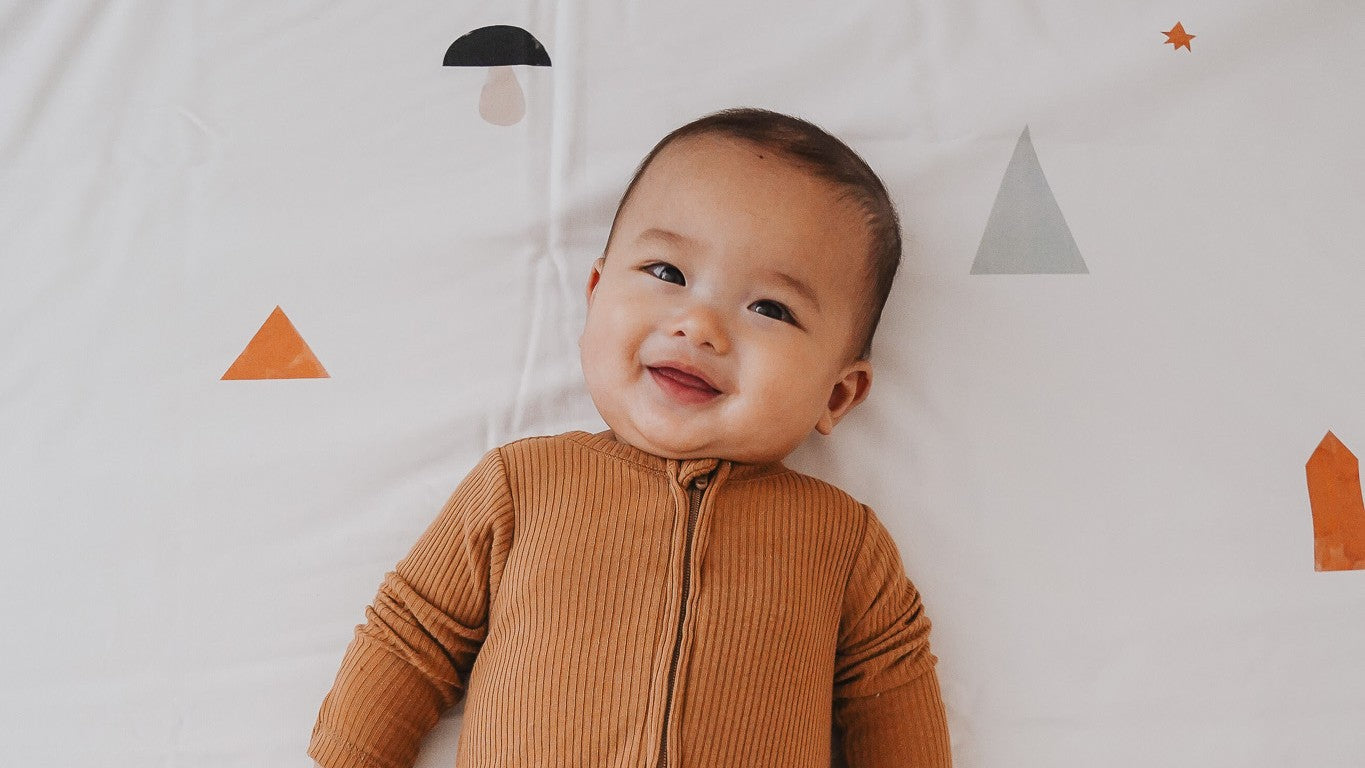

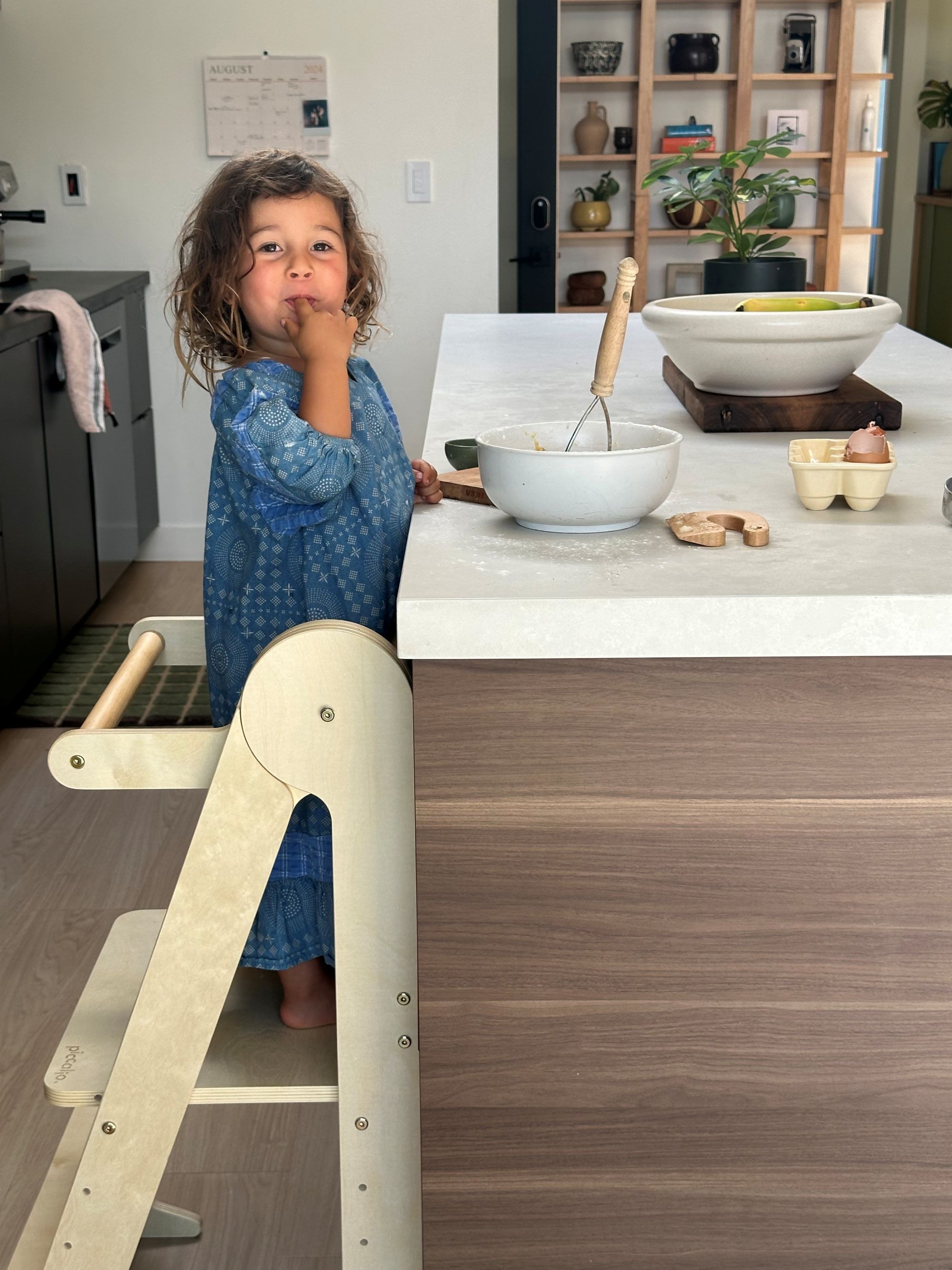
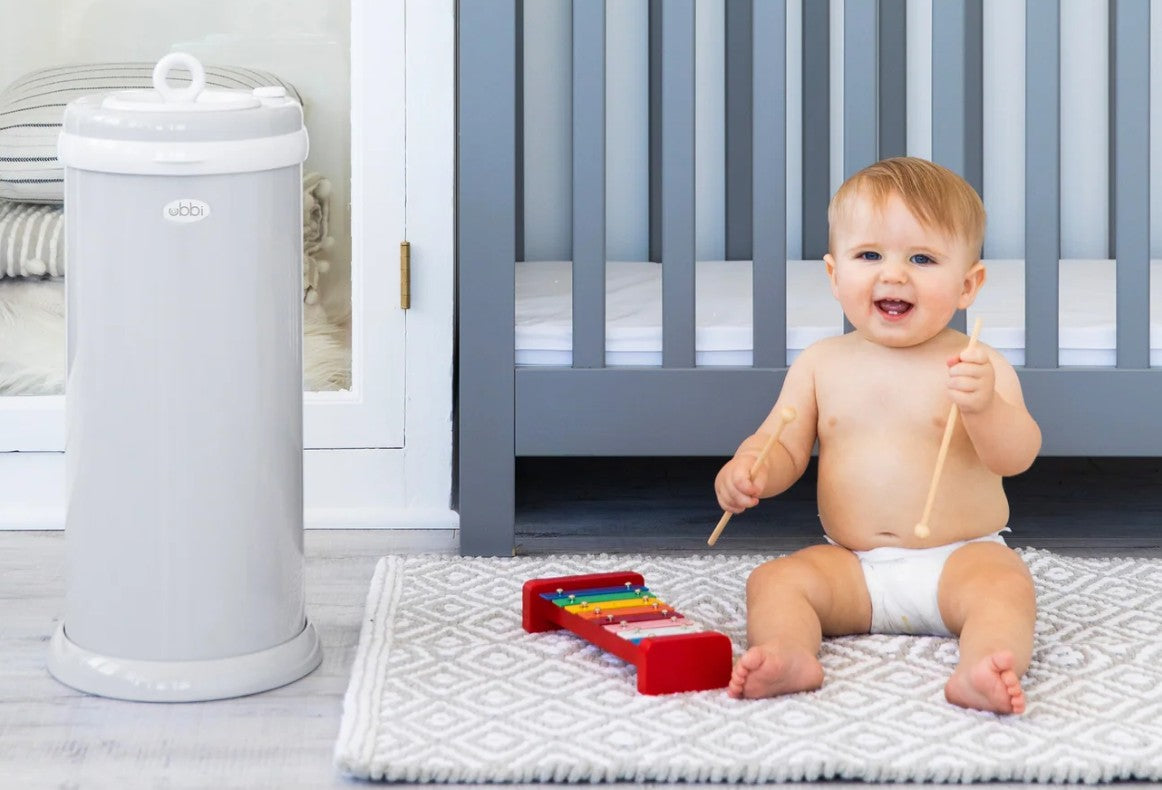
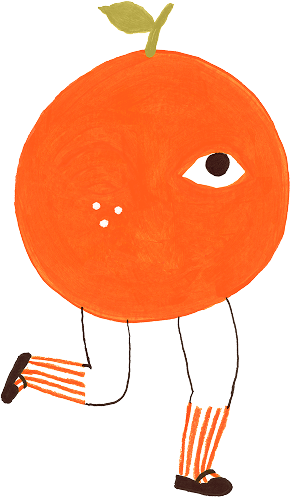
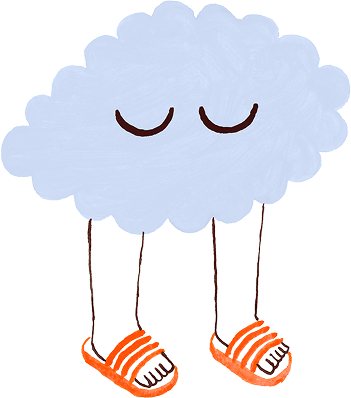
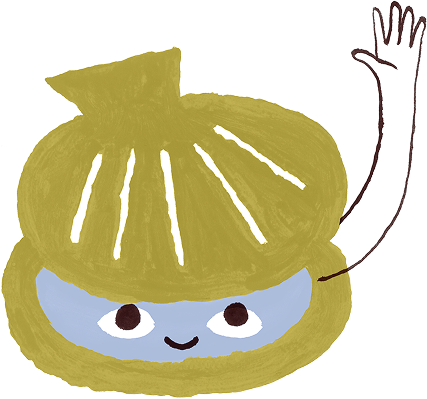
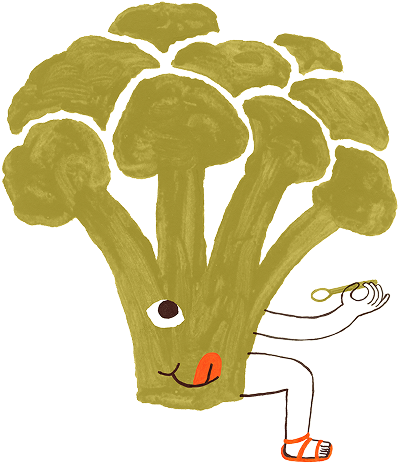
Leave a comment
This site is protected by hCaptcha and the hCaptcha Privacy Policy and Terms of Service apply.